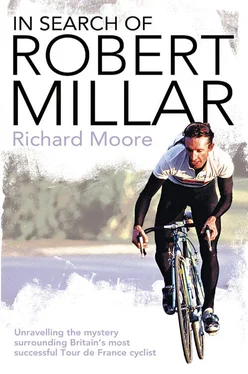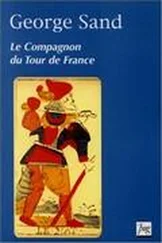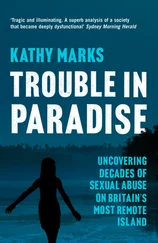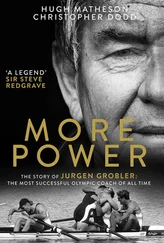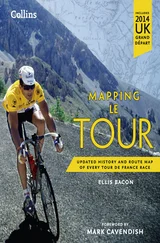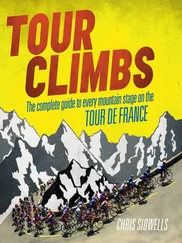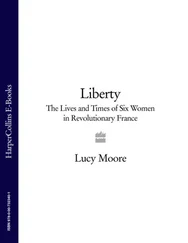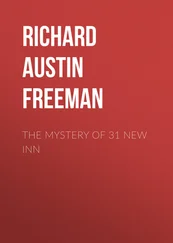The career of Britain’s best-ever cyclist ended abruptly, ignominiously, and without fanfare. His French team went bust on the eve of what would have been his twelfth Tour de France, and that was it. The end. Millar disappeared.
He didn’t literally disappear, at least not at first. He hovered around the cycling scene for a few years; he was appointed British national coach, and he wrote, with flair and humour, for cycling magazines. But his spell as national coach ended just as ignominiously when he was told, less than a year into the job, that he was surplus to requirements.
In the midst of this some rumours began to swirl around Millar. Some were cruel, some were downright vicious, but they were fuelled by gossip, not least because they went unchecked by Millar. One tabloid newspaper, upon hearing the rumour that this famous cyclist might be having a sex change, camped outside his door for a week. In 2000 the story was published and Millar was, according to some who knew him, devastated. Yet, in keeping with the cyclist who had pursued his career with singular focus and stubborn self-containment, he did not respond. He said nothing.
Then he really did disappear. All his ties with the cycling world were severed. He appears to want nothing to do with the sport any more. He has next to no contact with any of the people he knew through cycling, only the occasional email – usually one or two lines, often terse, cryptic, sometimes humorous. Every year, especially before the Tour de France, hordes of people try to get in touch with Millar, wanting to speak to him about the race, or wanting him to write about it. If they ever manage to reach him – and email is the only known method – he doesn’t respond.
Initially I felt a little uneasy about trying to find Robert Millar – not just the Millar of today, but the young Millar who grew up in Glasgow; who in his teenage years sought escape on his bicycle; who finally left the city for good, and used his bike to pursue a cycling career on the continent; who lived in France, on and off, for fifteen years, most of them with his wife and son, from whom he fled when his career ended in 1995; who then went to England, where he lived for several post-retirement years before disappearing from the sport and the public spotlight. Perhaps my unease came from the oft-stated understanding that you should never meet your heroes, far less try to write a book about them.
Nevertheless, I made email contact with Millar through a third party, one of only two people I knew who were still in very occasional contact with him, and who were as exasperated as others by his apparent ‘disappearance’. In the initial email I floated the idea of a book, and ended with this: ‘Modesty might prevent you from agreeing that such a book is overdue, but I hope you will be happy for me to progress with the project … in any case, I’d like to hear your initial thoughts.’ I wasn’t seeking Millar’s approval exactly because I didn’t think he’d willingly endorse a book, but the response, through the third party, was surprisingly positive. By which I mean that he didn’t tell me to fuck off. Yet all it amounted to really was that he knew I was trying to write a book. He let it be known that he did not object to – or, as he put it, could not stop – a book being written about Robert Millar the cyclist. But a book about Robert Millar the cyclist was not really what I had in mind. I wanted to know what Millar was like, where the dedication (or anger) that drove him to the top of world cycling had come from. It was Robert Millar the person I really wanted to get to know.
I met people, and spoke to them about Millar. Many said the same things. Yes, he was a bit strange, eccentric, stubborn, likeable when you got to know him – and special, that was the word that kept being repeated. I lost count of the number of times a former team-mate said ‘Robert’s special’ with a knowing, enigmatic smile. Naturally, this only made me more curious, but also slightly wary. It was a euphemism, but for what?
Then I travelled to Ninove, in Belgium, to see Allan Peiper, one of the more thoughtful and articulate of Millar’s former team-mates. Initially Peiper didn’t adjust well to retirement, as he explains in his autobiography. But after staring into the void of life after cycling and eventually finding a new sense of purpose, it was clear that he had been thinking quite a bit about Millar too. ‘Rob was very intellectual compared to most cyclists,’ said Peiper. ‘He thought about life and had it figured out, to some extent, but that didn’t make him any less complicated. There was anger inside him. It’s the same with a lot of top sportsmen, especially top cyclists. They have some emotional chinks that create the drive to want to be good. Whether it’s Lance Armstrong growing up in a trailer park, or Robert Millar growing up in Glasgow, I think for a lot of us there was a definite cause there, something that caused them to be angry. Something that made them need to succeed and prove themselves. Or just be accepted.’
For some reason, Peiper’s words, and his obvious enthusiasm for the task of trying to decipher the character of his old team-mate, fired my own enthusiasm. Somehow, talking to Peiper also made me less wary, less scared of the task of trying to unravel the Robert Millar enigma. I returned to my hotel room and wrote a second email, hoping that he would reply to this one directly.
Hi Robert,
I wanted to finally email you directly rather than going through [the third party] – hope you don’t mind. As you know, I’m planning to write a book about you to coincide with the Tour starting in London next year; it seems the right time given your status as Britain’s best ever Tour rider.
Over the last few months I’ve met with quite a few people who knew you growing up in Glasgow, and others who raced with you later. I’ve been putting off contacting you directly, to be honest, because, although I followed your career very closely at the time, I still felt there were gaps in my knowledge. Basically, I didn’t want to ask daft questions. However, now I feel that I’m getting there, and that I am less likely to ask daft questions. I really wanted to establish contact to see how – or indeed if – you would like to answer my questions. Of course I’m aware that you may have some questions for me as well, and I’d be pleased to answer them.
For your interest I am in Belgium just now and met with Allan Peiper, who spoke with great fondness of you and sends his best.
I look forward to hearing from you.
Best wishes,
Richard.
1
It’s the Grit that Makes the Oyster
Glasgow is all grey. It’s not that I’m ashamed of being a Glaswegian, I most certainly am not, but abroad you find out what you have been missing.
Robert Millar put Scotland on an international stage it had never previously graced, but as an ambassador for the country, and in particular for his home city of Glasgow, he could not have done a worse job. At times it could seem, especially to some of those he’d left behind, that he derived some perverse satisfaction from sticking a knife into the city of his birth, or applying a kick to its head – both appropriate metaphors for a city that is not unfamiliar with violence.
Millar spent twenty years in Glasgow before leaving – or, as he would have seen it, escaping. After disappearing to the continent he rarely returned for more than a few weeks at a time. Initially he came back to his parents’ home for the winter, training with the same group of cyclists he’d trained with in previous years, selling some of the season’s racing kit, telling stories of continental racing and its stars, against whom he was now racing, and speaking in a French/American-tinged accent that was markedly different to a guttural Glasgow brogue. But after the death of his mother, Mary, in 1981, Robert’s visits home became fewer and further between.
Читать дальше
